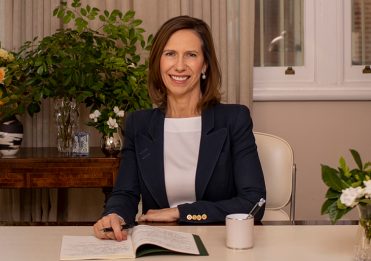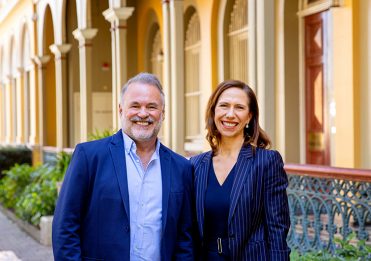At universities in Australia and around the globe, Department Heads in fields of literature, philosophy, the classics and history have lamented shrinking enrolments as students have heeded the call to pursue a career in the sciences or the more ‘professional’ streams of finance or law.
The importance of science and technology is profound and it is in these areas where the seismic changes we are seeing in the world of work will continue into the future. However, it is heartening to see a shift back in our understanding of the value of the humanities. In a world disrupted by artificial technologies, our human-ness, the defining essence of what makes us ‘human’, suddenly attains a higher value. For example, software development companies in Silicon Valley are now employing poets and fiction writers to script naturalised interactions between AI ‘bots’ and humans in the booming growth area of ‘virtual assistants’ on smartphones.
Closer to home, some of Australia’s major corporations are reporting a significant increase in the number of new employees from humanities-based backgrounds as part of a refinement and expansion of their graduate recruitment approach. Trends suggest that increasingly, ‘big’ companies like PwC, EY and KPMG are recruiting less on field of degree study, and more on transferable skills like emotional intelligence, critical thinking, creativity, and the ability to collaborate and problem-solve within a diverse team—qualities formally developed in graduates who have studied in the arts.
This renaissance in the humanities is not so surprising in these challenging times. The liberal arts were always intended to engender in scholarship the higher-order qualities pertinent to the formation of a good and just society. The English Grammar tradition, with its earliest roots back to sixth century King’s Schools in Canterbury (founded 597 AD) and Rochester (founded 604 AD) and the teaching of Latin to future priests and monks, is broad and liberal in its range: scholars learned music, verse, astronomy, mathematics and law. With the foundation of the ancient universities from the late 12th century in England, these grammar Schools became the entry point to a tertiary liberal arts education comprising a ‘trivium’ of grammar, logic and rhetoric (input, processes and output).
The idea of a trivium in ensuring a balance and rigour in education goes directly to the case for the humanities. Solving the big societal problems of the current century—climate change, poverty and displacement, racial intolerance, rising tensions between our world leaders—will require thinkers and teams of thinkers fluid in their ability to see things from multiple perspectives.
At Girls Grammar, we remain committed to providing students with a broad, liberal education because it is as relevant today, if not more so, than at any other time in the history of Grammar education. Resolute in our purpose of producing tomorrow’s female leaders, a rigorous and balanced curriculum across the humanities and the sciences is fundamental to this approach.
Ms Jacinda Euler
Principal



